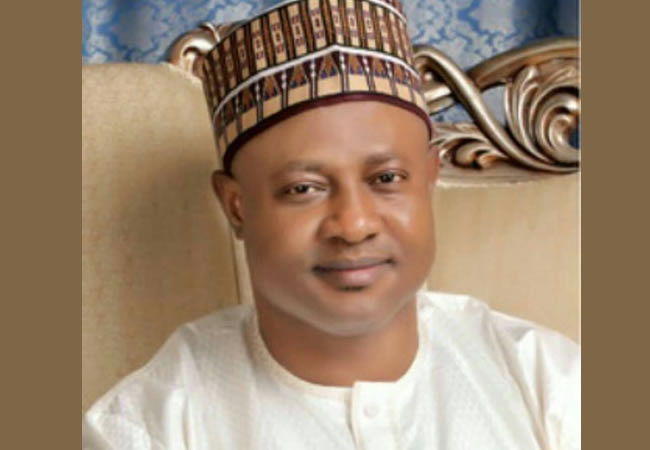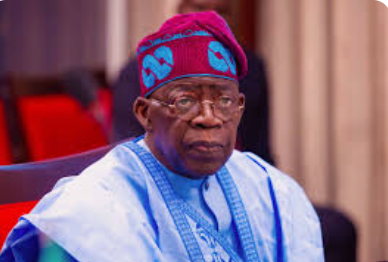The debate surrounding Governor Uba Sani of Kaduna State and his approach to inclusion often revolves around whether appointments and developmental projects benefit a broad spectrum of society or only a select few. Governor Sani is expected to deliver development fairly across the state’s three senatorial zones, 23 local government areas (LGAs), and 255 wards. However, the Governor has the discretion to choose his team, and while the 1999 constitution supports geographic representation, it does not prescribe specific quotas for religious or ethnic groups.
Historical experience shows that appointments based solely on religion, ethnicity, or region do not always lead to substantial development. A single competent individual can often make a more significant impact than multiple appointees chosen based on primordial sentiments.
Critics have focused on the number of Christian appointments under Governor Sani as a measure of his inclusiveness. Yet, a comparison with the previous administration reveals a different narrative. Governor Sani has achieved more in less than a year than his predecessor did in eight years. Significant projects such as the Vocational and Technology Skills Acquisition City in Samaru Kataf, Zangon Kataf LGA, and the near-completion of the Sir Ibrahim Yakowa General Hospital highlight this progress.
Unlike the previous administration, which marginalized Christian stakeholders, Governor Sani has engaged with a range of community leaders, including elder statesmen, traditional rulers, and religious leaders. This inclusive approach has been instrumental in rebuilding social cohesion and fostering collaboration. Despite some security challenges, the situation has improved under his leadership.
Governor Sani has made strategic appointments, placing qualified individuals in key roles regardless of religious affiliation. For example, Hon. Samuel Aruwan, a Christian, oversees the Ministry of Internal Security and Home Affairs, and Nehemiah Bamai, another Christian, serves as SSA on Security. Additionally, significant positions have been assigned to members of the senatorial zone, such as those heading the Ministry of Finance and the Kaduna Internal Revenue Service (KADIRS), supporting revenue generation and security efforts.
With about three years remaining in his term, Governor Sani has the chance to continue his inclusive approach and integrate high-performing individuals into his administration further. The ongoing support and cooperation of the people of Kaduna South will play a crucial role in guiding his decisions and ensuring that all stakeholders are adequately represented.
Overall, the effectiveness of governance should be measured not just by the number of appointments or demographic representation but by the tangible development and inclusivity achieved. Governor Sani’s early accomplishments and commitment to stakeholder engagement suggest a positive trajectory for the future.





